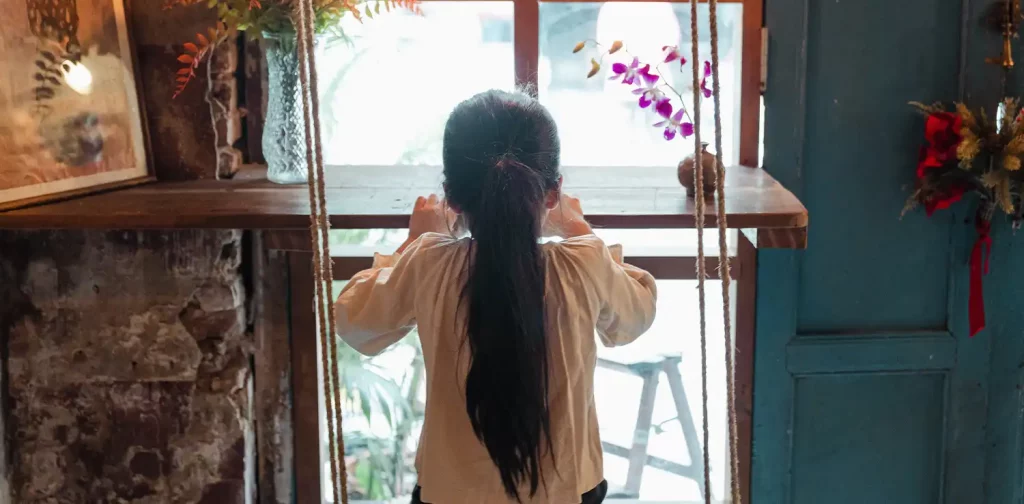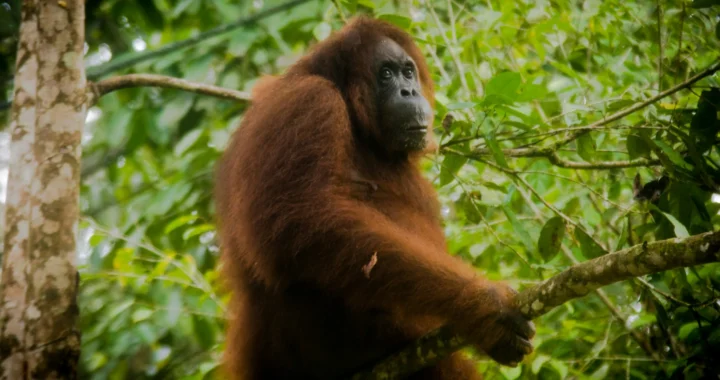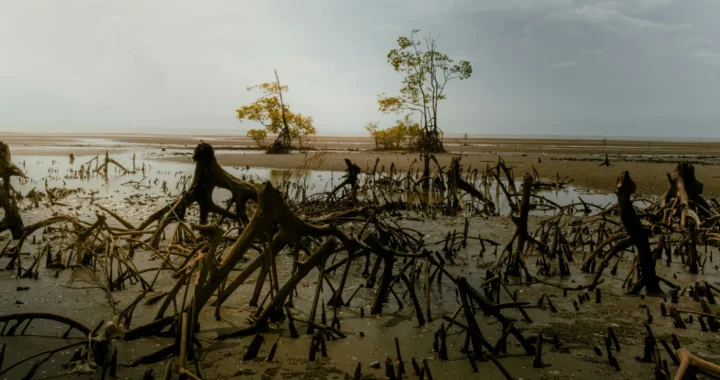New Bills Redefine Rape and Raise Japan’s Age of Consent

Photo: Ketut Subiyanto on Pexels.
A new legislation was passed to raise Japan’s age of consent from 13 to 16 and brings new definitions for rape with an emphasis of the concept of consent.



 Nickel Mining in Raja Ampat and the Widespread Cost of Natural Resource Exploitation
Nickel Mining in Raja Ampat and the Widespread Cost of Natural Resource Exploitation  Lumbung Sosial: Challenges and Opportunities of Indonesia’s Social Barn Program
Lumbung Sosial: Challenges and Opportunities of Indonesia’s Social Barn Program  A Worrying State of Insect Decline
A Worrying State of Insect Decline  GEF Approves Funding for Biodiversity Conservation Projects in Indonesia
GEF Approves Funding for Biodiversity Conservation Projects in Indonesia  Mikoko Pamoja, A Blue Carbon Project for Climate Resilience
Mikoko Pamoja, A Blue Carbon Project for Climate Resilience  Australia Released a Sustainable Finance Taxonomy to Support Net-zero Transition
Australia Released a Sustainable Finance Taxonomy to Support Net-zero Transition